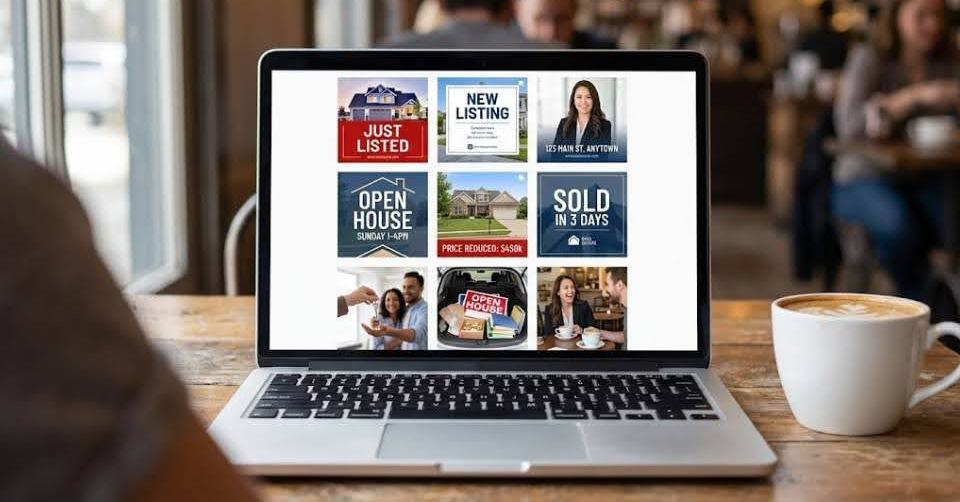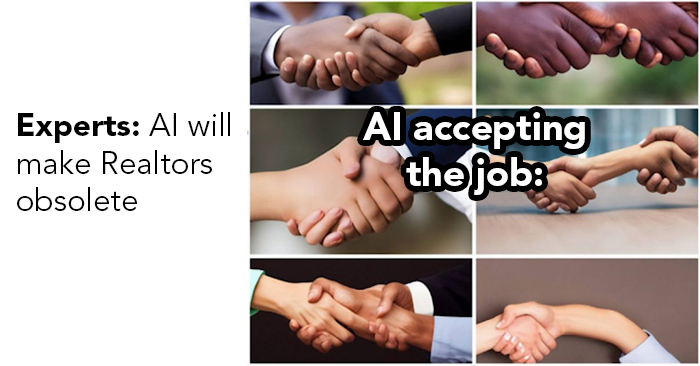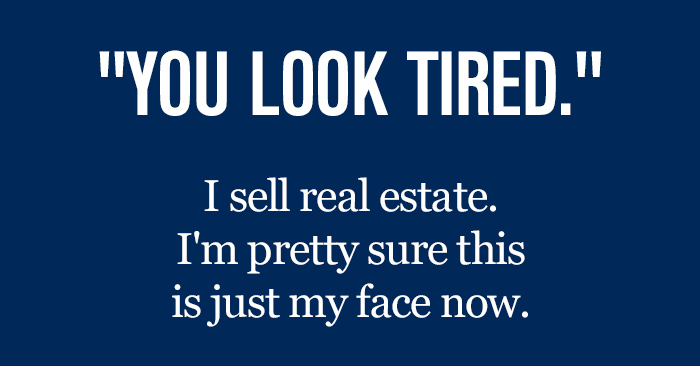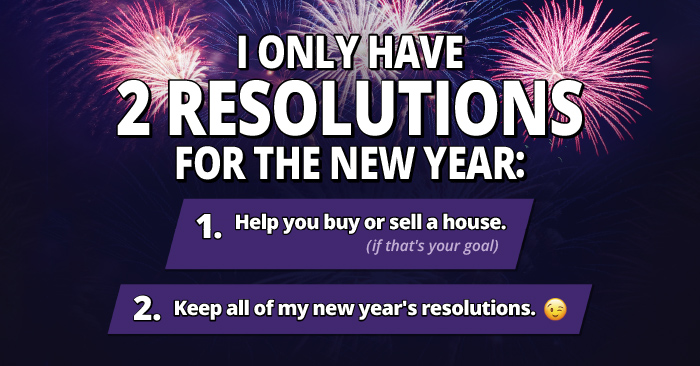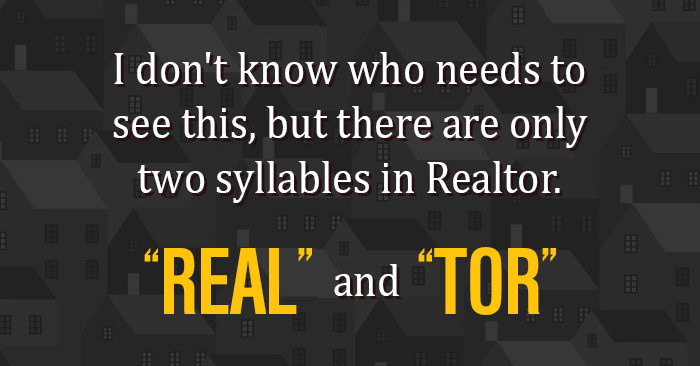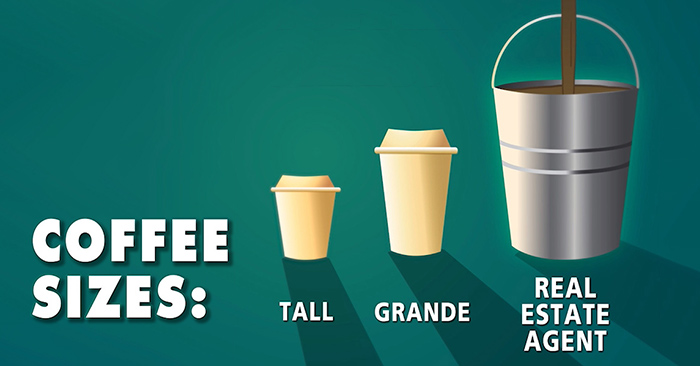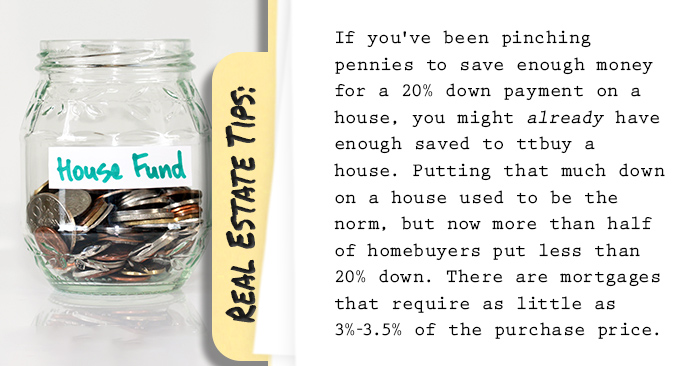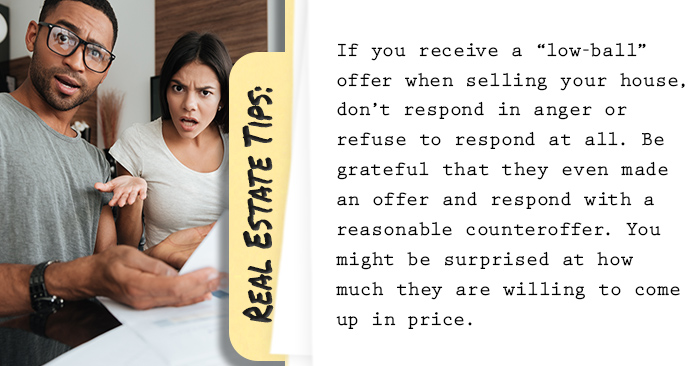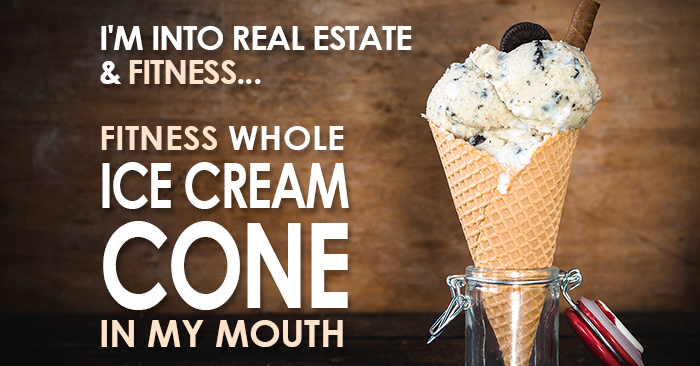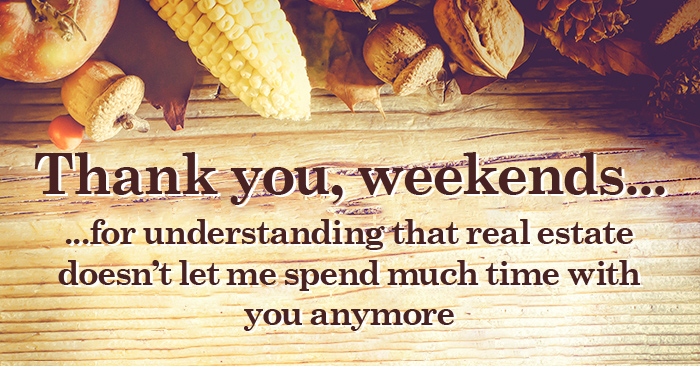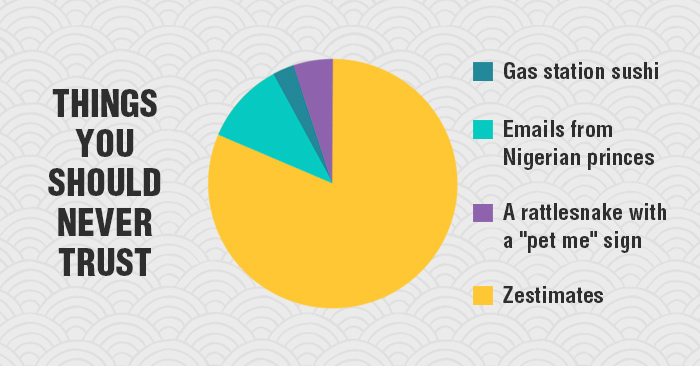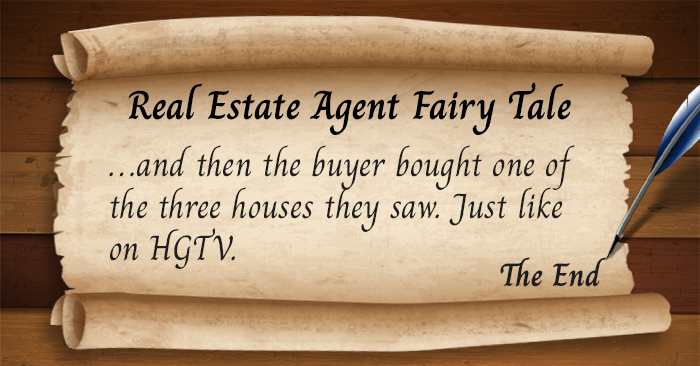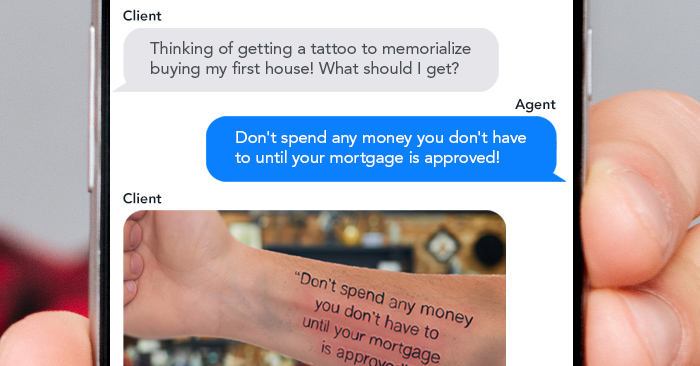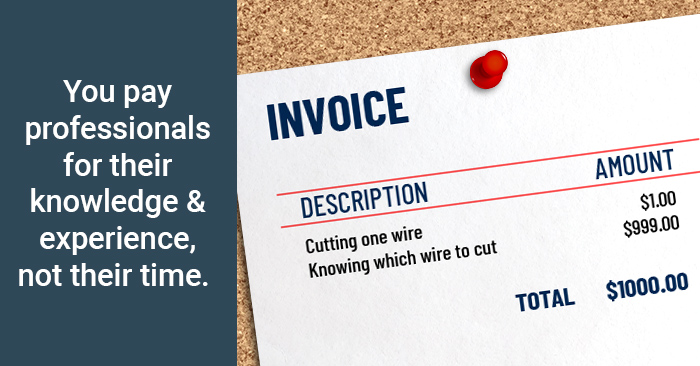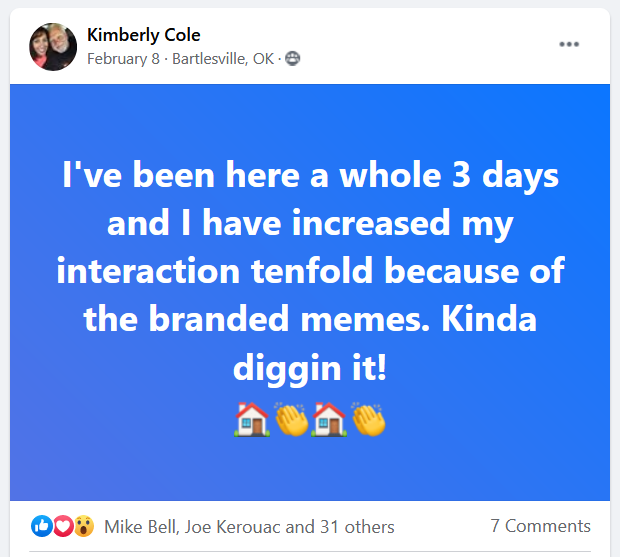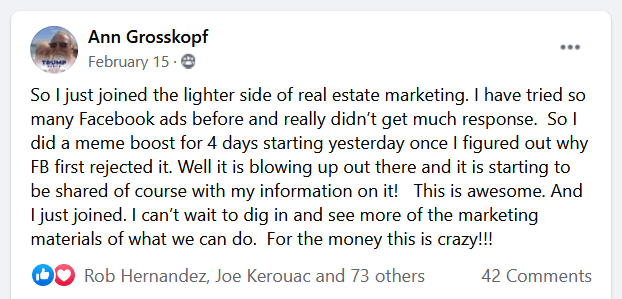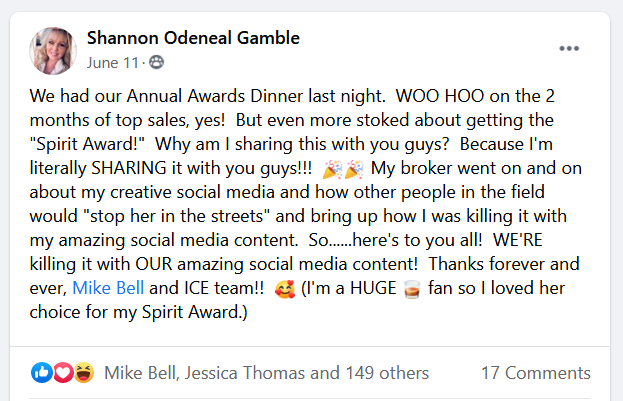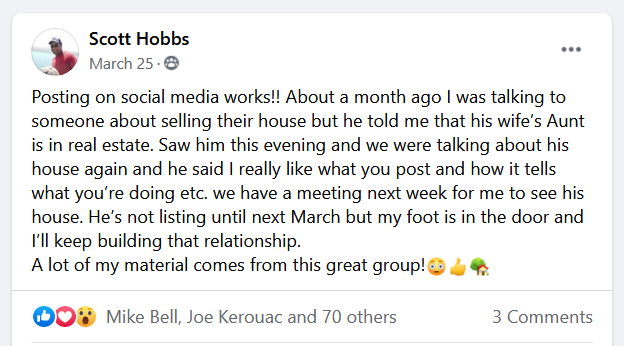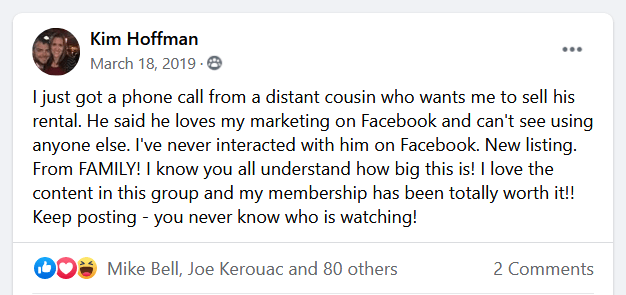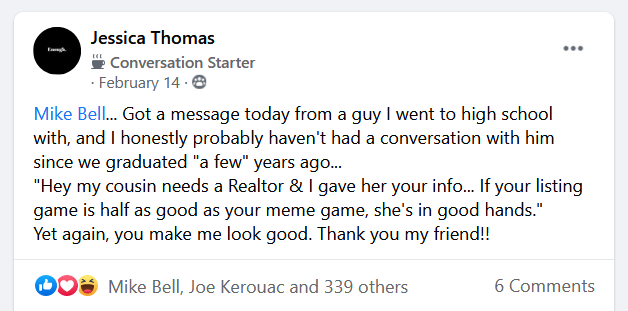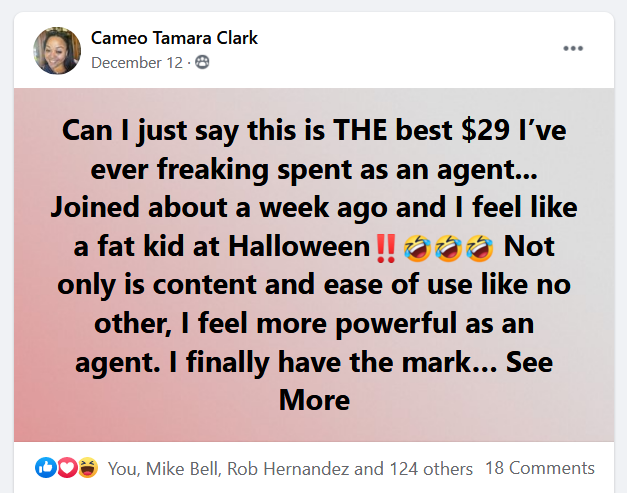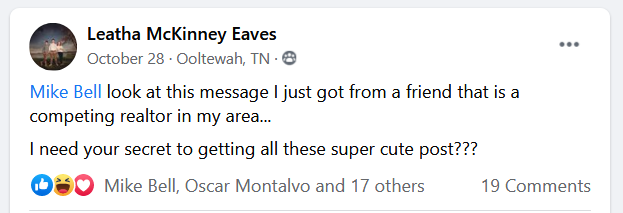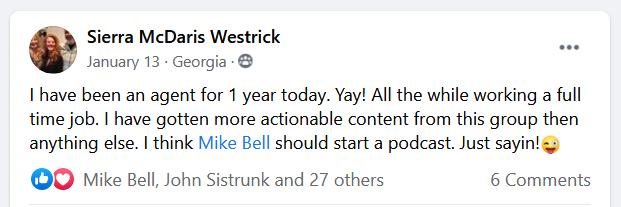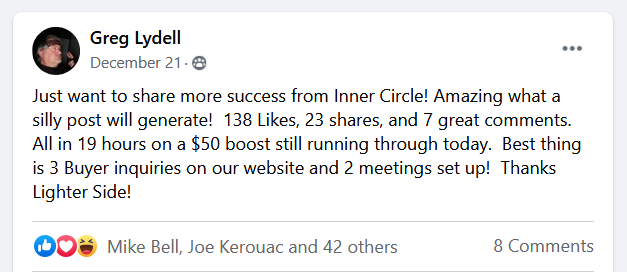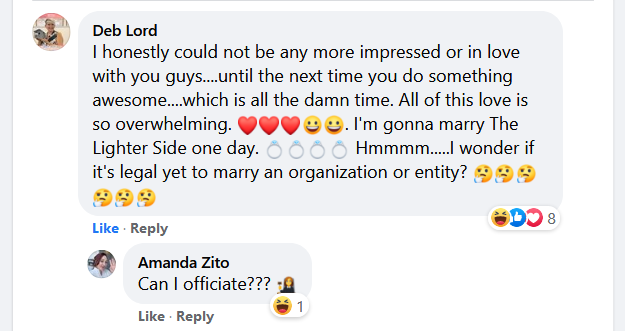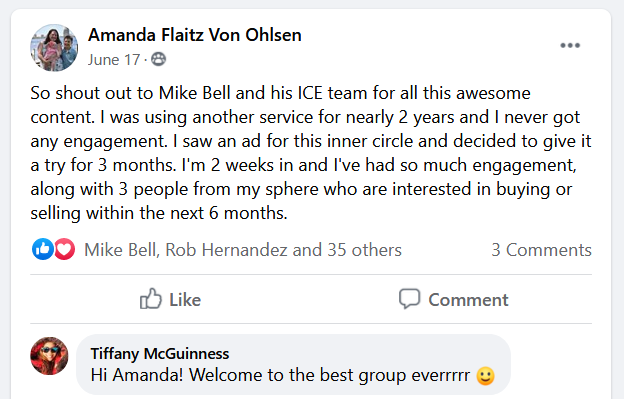Why Real Estate Agents Should Use Social Media to Build Their Email List ASAP

Social media has become the go-to marketing tool for many agents—mainly because it’s free and already part of daily life.
You’re already scrolling, so posting doesn’t feel like much of a stretch. Maybe you toss a few bucks at a boosted post now and then. But when those don’t get results, most agents just fall back on the usual: post and hope your followers actually see it.
And for a while, that worked. You could show up in people’s feeds without paying for the privilege. But you’ve probably noticed it’s gotten a lot harder to rack up even a fraction of the likes, comments, or shares you used to.
Meanwhile, your feed is packed with influencers, brands, people hawking stuff you’ve never searched for (but maybe casually mentioned within earshot of your phone), and videos you can’t figure out why they think you’d even be interested in.
And your audience’s feeds look exactly the same.
So it’s understandable that you might feel frustrated—maybe even a little outraged—when your real estate post gets buried beneath dancing chiropractors and sponsored ads for cat backpacks. (And it’s not even back-to-school season for them.)
But the next time you find yourself feeling annoyed, think of it this way:
You’re a squatter in someone else’s digital property.
Imagine someone moving into a house they don’t own and don’t pay for—and then expecting the owner to not only be cool with it, but also feed them. For free.
That’s what it’s like to rely on social media for exposure and expect consistent results—without ever paying rent. (And don’t worry, we’re not going to be recommending that you do pay them!)
But, these platforms don’t owe you reach. Or engagement. Or anything, really.
When you stop and think about it, it’s kind of amazing they let you hang around for free at all. The key is to be cool about it—and use the space as strategically as you can while you’re there.
Well, Technically Speaking, Social Media Is “Rented Space”
There’s no denying that social media is where a lot of people’s attention lives. If you want to be seen, you need to show up there. But the platforms don’t belong to you. And neither does the audience you build there.
In the marketing world, it’s known as “rented space”—you may have followers, but you don’t own the space or the connection.
If Facebook, Instagram, TikTok, or any other platform disappears tomorrow, your audience disappears with it. If the algorithm changes (again), your posts might vanish from your followers’ feeds. If your account is hacked or shut down, good luck getting support from a real human to help you get it back.
You’re playing on someone else’s platform, by their rules. And those rules can change without notice.
Algorithms shift. Visibility drops. Terms of service get rewritten. Sometimes platforms disappear altogether. If that happens, so does your audience—unless you’ve built something more permanent elsewhere.
If this sounds like a fragile foundation for a marketing strategy…it is.
Which Is Why Experts Say It’s Time to Ditch Traditional Social Media…
That’s the reality of rented space: social media is a useful tool, but it’s a risky foundation. If you’re using it to build a business, your goal should be to point people somewhere you do control. That’s where your leverage lives.
The folks over at Content Marketing Institute have been talking about this idea of “rented space” for years—and about the importance of owning your audience instead of just borrowing access to it. Their recent article pulls together insights from a range of marketers, all chiming in on how to pivot your strategy now and through 2026.
There’s an underlying shift happening. Many marketers are rethinking how and where they connect with their audiences, trying to build relationships in places that don’t disappear with the next update or policy change.
One of the main things they suggest in the article is to move off of traditional social media and into platforms where you can have better control. That includes platforms like Slack, Reddit, and Discord—places where engagement can be more direct, and where the algorithm doesn’t get to decide who sees your content.
However, that may not be the best move for real estate agents…
…but Slack and Discord Aren’t Really Better Alternatives for Agents
Sure, creating your own space—like a Slack or Discord group—sounds like a smart way to “own” your audience. But even then, it’s still not your own. You may have more control over your audience, but you’re still at the mercy of their rules and existence.
But put that aside, and it’s still not a realistic solution for most real estate agents anyway…
The truth is, most buyers and sellers aren’t looking for an ongoing relationship or daily interaction. They’re not waking up hoping to chat about the process of buying or selling a house, or even the current market conditions on a regular basis.
Could you get local people to join a private group about all things real estate? Probably some. But most of them probably won’t be that engaged, or anywhere near ready to buy or sell in the near future.
Could you create a group that isn’t specifically about real estate? Sure—but it can be hard to connect the dots between that group and your actual goal: generating business. You can easily find yourself in the thankless role of moderating a group that doesn’t even care who you are or why you even started the group to begin with. They often take on a life of their own.
Running a group isn’t passive. It’s work. You need to constantly feed it with conversation starters, moderate the tone, referee debates, and stay mentally invested in what’s going on. Before long, you’re not running a community—you’re babysitting one. (Not to mention there’s always a strong personality or two you may have to wrestle with for actual control of the group.) The return on that time and effort? Not usually great.
Add to that the growing sense of burnout many people feel around social platforms. “Social media fatigue” has people barely mustering the energy to click a like button, let alone join and engage in a group.
That’s why for most agents, the better move right now isn’t to build a new online group or community. It’s to go old school and put your efforts into building your email list by using social media strategically.
Email Is the Tried and True Way to Own Your Audience
Social media may come and go—or at least, change so much it feels like starting from scratch every few years—but your email list? That’s yours. Tried. True. Still delivering.
A good email list isn’t subject to algorithms, trends, or Zuck waking up one day and deciding to reinvent the wheel. You own it. You can download it, move it, back it up, use it in a hundred different ways. It’s portable, personal, and powerful.
Well… mostly personal. We’ve all got a few questionable entries in there—like the 23 variations of [email protected] from people giving a fake email address when signing into an open house or lead gen site over the years.
But even so, your list connects you directly to real people in a way no social platform ever truly can.
An email—even one sent to your entire list—can still feel more intimate than a post in someone’s feed. It’s not just background noise in a scroll of memes, ads, and someone’s lunch. It’s a message meant for them. Delivered to their inbox. With the right subject line, it even feels like a one-on-one conversation.
And the numbers back it up. According to EmailToolTester, the average ROI on social media marketing is just $2.80 for every $1 spent. Compare that to email marketing, where ROI can range from $10 all the way up to $50 per dollar spent, averaging around $35—according to Litmus’s 2025 State of Email report.
Not bad for something that predates smartphones.
Social media might feel like the place to be (and it is to a degree). But that degree should be to get yourself from their feeds…to their inbox.
But You Should Still Use Social Media to Grow Your Email List!
Getting someone’s email address has always been the name of the game.
And sure, there are plenty of ways to do it—offer a guide, an ebook, a checklist, or something else of value. Run a giveaway. Share exclusive market insights. Tease something that gets them curious enough to click.
But here’s the truth most agents miss: it’s not just about collecting the email. It’s about consistently showing up in that inbox with something they actually want to read. Something that builds connection. That earns trust. That keeps you top of mind without trying too hard.
That’s why a newsletter isn’t just “nice to have.” It’s the whole point.
According to Litmus, newsletters are the highest ROI type of email for agencies and professional services. So if you’re trying to market yourself with no newsletter in place? You’re leaving the best opportunity sitting on the table.
So if you want to make sure you’re not at the mercy of social media platforms, your goal is simple:
- ✅ Have a newsletter.
- ✅ Send it out weekly.
- ✅ Get people to sign up for it week after week.
Ironically, here are some ways you can use social media to make that happen:
- Mention it regularly—post about it once in a while, especially when there’s a great edition to show off.
- Put the sign-up link in your bio, banner, or pinned post (platform depending).
- Offer a free download (like a buyer/seller guide or market cheat sheet) in exchange for an email.
- Tease helpful content only available via your newsletter.
- Run a quick poll or question post that you “answer more fully” in the newsletter.
- Share a screenshot or highlight from your latest edition with a link to sign up.
Want a Newsletter Without the Heavy Lifting?
If you already send out a newsletter, you’re probably familiar with a few of the hurdles.
If you write your own, coming up with something to include every week can be time-consuming and tough to keep up with. But coming up with something people actually want to read—that’s even harder.
Sure, there are plenty of services that provide real estate newsletters. But a lot of them feel canned, lack personality, or just don’t sound like you.
If you’re curious what a better newsletter could look like, sign up for our free weekly email, Snacks. It’ll give you a taste of what we do—plus, it’s full of ideas and inspiration you can use even if you write your own.
And if you’re looking to make it easier on yourself to send out a weekly newsletter, you might want to hop on our early bird list (below) to get notified when we launch our Agent Newsletters to get a sweet deal on the monthly price, and a huge limited time bonus. (Spoiler alert: we’re throwing in access to our entire content library for early-bird subscribers!)
No pressure. Just a friendly nudge from someone who’s been in your feed… and knows it’s better to be in their inbox.

